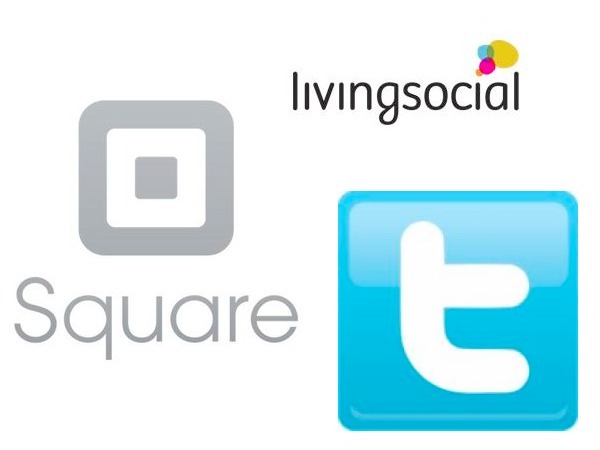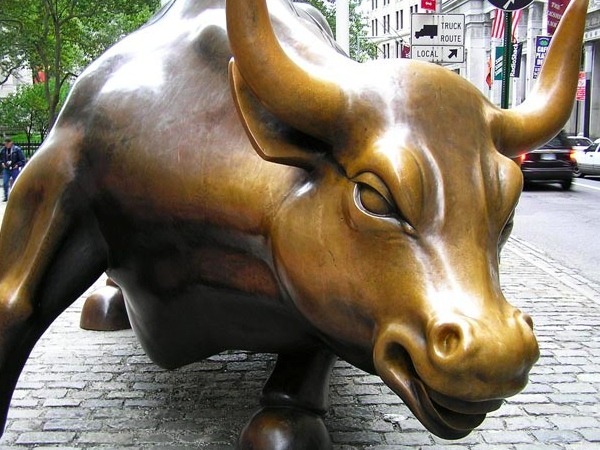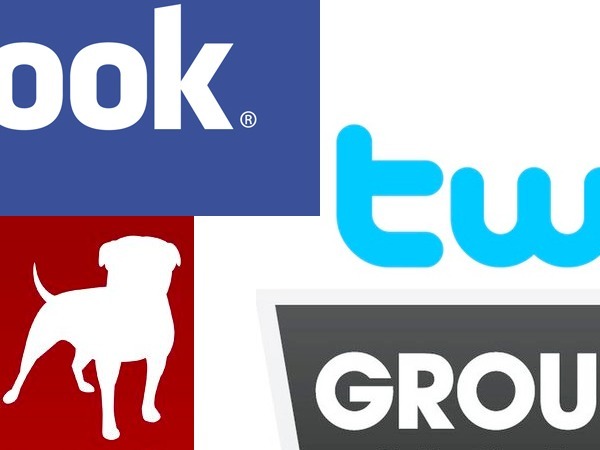 The U.S. Securities and Exchange Commission (SEC) is gearing up to introduce new regulations on the secondary market, according to a report from peHUB.
The U.S. Securities and Exchange Commission (SEC) is gearing up to introduce new regulations on the secondary market, according to a report from peHUB.
Sources told peHUB that SEC officials met with secondary market executives as early as March to alert them to the forthcoming changes, which could land as early as this year.
Changes coming address the main issue that industry experts have voiced about trading platforms like SecondMarket and SharesPost. That is, since there’s just not enough publicly available financial information about private companies, secondary investments need some extra regulation to keep trading fair.
“You will likely see more requirements coming out,” from the SEC, a source told peHUB. “There is no public information available [on some secondary market companies]. This is not good for investors.”
That said, the SEC isn’t really interested in forcing private companies to disclose financials. (In fact, they’ve considered doing the opposite.)
Instead, proposed regulations will likely require secondary markets to have a thinner filter for accreditation, which could minimize the number of stock buyers by two-thirds of its current size (from 12 million down to eight million). Additionally, peHUB’s sources say the SEC could force stock sellers to have their financial statements more strictly evaluated.
This story goes much further back than today’s revelations.
The SEC first began investigating secondary markets in February of this year, after a deluge of media reports on the astronomical valuations given to private tech companies like Facebook, Groupon, Twitter and Zynga. Those soaring valuations often originated from sales of shares on SecondMarket and SharesPost.
Additionally, today’s report emerges just a couple days after rumors circulated that several high-profile tech startups–LivingSocial, Square and Twitter–are each seeking to prevent their shareholders from selling stock on secondary markets.
For Twitter, that means asking investors in its (estimated) $800 million DST-led round to refrain from participating in secondary selling. For LivingSocial and Square, it could mean restrictions written into contracts, legally barring investors and new shareholders from selling off their stock.
When we reached out to SecondMarket, this is the comment we received:
We maintain an ongoing dialogue with the SEC and –on our own initiative – provide the SEC with demonstrations of our platform. We will continue to keep our regulators apprised of our business processes.



















